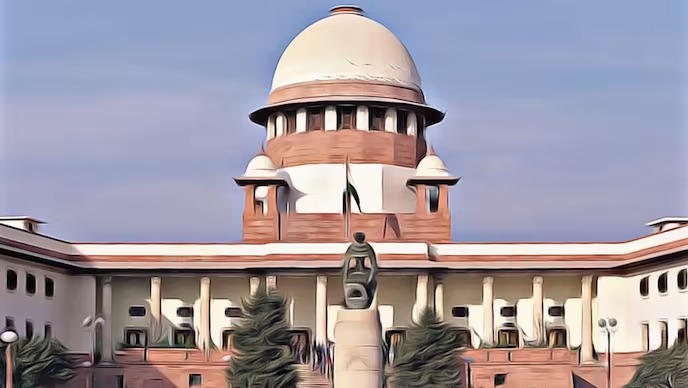SOHANI J. - Pursuant to the directions of this court in M.C. C. No. 367 of 1968, the following questions of law have been referred to this court by the Income Tax Appellate Tribunal, Indore Bench, Indore:
"(i) Whether there is any material to support the finding that the applicant had committed a default in respect of some items of receipts and whether the penalty u/s. 271(1)(c) was attracted ?"
(ii) Whether, on the facts and in the circumstances of the case, the levy of penalty u/s. 271(1)(c) could be levied in law in respect of the entire addition of Rs. 42,000 made on estimate basis or it was leviable only in respect of specific items of alleged omission of receipts ?"
The material facts giving rise to this reference briefly are as follows: The assessee died during the pendency of these proceedings and is represented by his legal representatives. For the assessment year 1959-60, the ITO held that the income of the assessee from the transport business could not properly be deduced from the accounts produced by the assessee, and hence the ITO proceeded to compute that income and made an addition of Rs. 2 lakhs to the income of the assessee from the source. On appeal, the AAC reduced the addition to Rs. 1,38,374. On further appeal, the Tribunal reduced it to Rs. 42,000. The ITO had also initiated penalty proceedings under s. 271(1)(c) of the I.T. Act, 1961, hereinafter called, "the Act", which were referred to the IAC for disposal under s. 274(2) of the Act. The IAC imposed a penalty of Rs. 16,060. On appeal, the Tribunal reduced the penalty to the minimum leviable under s. 271(1)(c) of the Act. As the application for making a reference was rejected by the Tribunal, the assessee filed an application before this court. That is how the aforesaid questions of law have been referred to this court by the Tribunal.
Now, as regards the first question, it is well settled that before penalty can be imposed the entirety of the circumstances must reasonably point to the conclusion that the assessee had consciously concealed the particulars of his income or had deliberately furnished inaccurate particulars, and that penalty cannot be levied solely on the basis of reasons given in the order of assessment. In the instant case, for imposition of penalty the Tribunal has mainly relied on the fact that there was overwriting in the case of daily collection sheets dated March11,12, 1959. The Tribunal, however, has not referred to any material, nor any such material was pointed out to us on behalf of the department by the learned counsel, to indicate that the said overwriting was done by the assessee or under his authority., In these circumstances, it must be held that there was no material before the Tribunal for coming to the conclusion that the assessee had deliberately and consciously concealed a part of his income. In this view of the matter, it must be held that the provisions of s. 271(1)(c) of the Act are not attracted in the instant case.
In view of our answer to question No. 1, learned counsel for the parties agreed that it would not be necessary to answer question No. 2.
For all these reasons, our answer to question No. 1 is that the provisions of s. 271(1)(c) of the Act are not attracted to the instant case. The reference is answered accordingly. In the circumstances of the case, parties shall bear their own costs of this reference.

